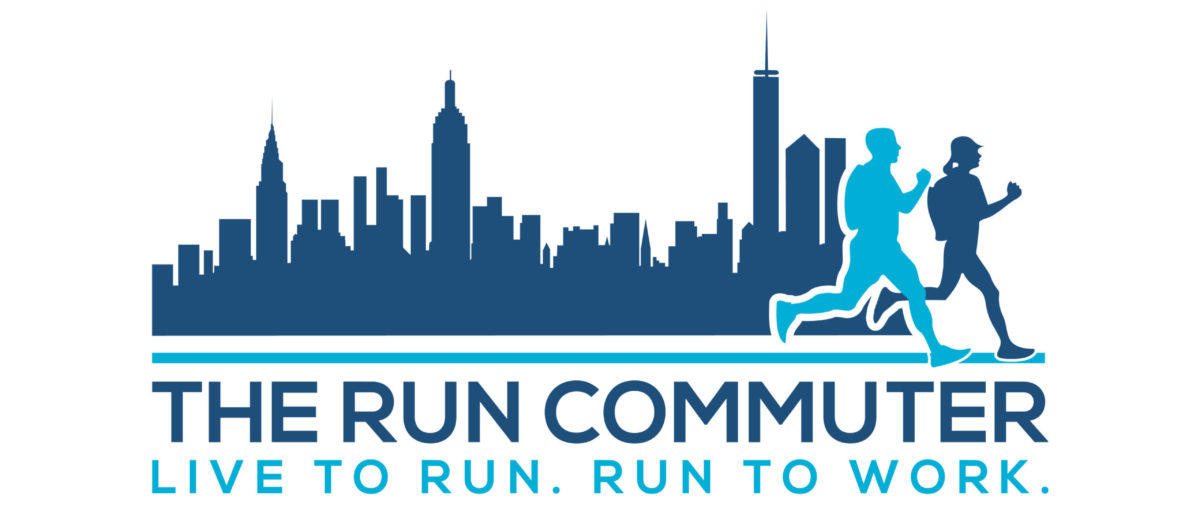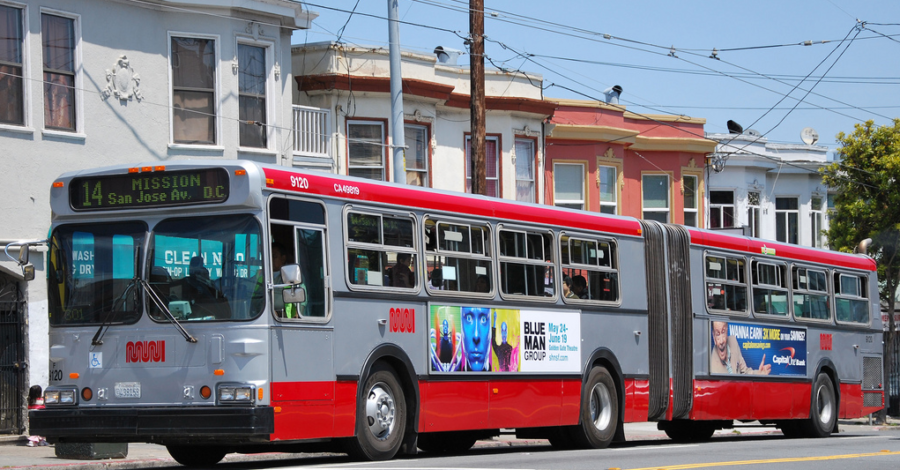As a run commuter, I happen to be a bit of a cheater. I don’t mean a fraud such as Rosie Ruiz, who was stripped of her Boston Marathon medal in 1980 for not completing all 26.2 miles of the course or even very many of them. I merely mean I am not a stickler for results to brag about on Strava. I want to get some exercise into my day and get to work. Those are straightforward goals. I’m not looking to impress anyone.
A preface before my confessions. I am no slouch. In January 2018, I ran to work a dozen times; February and March have continued similarly. That is 4.5 miles, or as much as 4.75 miles depending on the exact route and meandering, including days that rained. On a few occasions, I also ran with my coach. On at least one of those days, I exceeded 15 miles on foot (and I have provided the digital proof).
Yet, I want to be honest and humble. I am not the run commuter I aspire to be. I did not run another eight mornings when I could have. There are various reasons. The least common among them, only through self-flagellation (figurative, not literal) is laziness. There usually was an impediment, and the most aggravating among them was the need to put on a business suit, followed by the disruption of airplane travel and ensuing jet lag.
What I fail at most often is in fact to run. The truth is, as I admit freely, I am technically a run-walker, not a true runner. I am a fast walker though. So I figure my run-walk routine satisfies whatever is the abstract, agreed-upon standard for what constitutes “running.” I am constantly striving to increase the speed and the length of the run portion of the cycle. I am seeing modest gains. At 51 years old very soon, but only three years into the sport on a serious basis, I figure the inevitable effects of aging — as they say, better than the alternative — will offset the progress of discipline. I cannot seem to break 45 minutes (10 per mile) over the distance I must cover, though I can make it just under 8 minutes for a single mile.

I have discovered a new tactic though. I feel good about this maneuver. Bike sharing is the latest trend. But it will be, I predict, more than a fad. I have now done a part-run, part-bike trip that allows me to indulge the fantasy I could do a biathlon or triathlon. (I grew up with a swimming pool, and I must be about the worst swimmer for someone who had that luxury, so there is more work to be done.) In San Francisco, they are rolling out undocked, electric-assist bikes! That means you can leave them anywhere within the authorized zone, and they offer a boost for the hills. The dual workout is wonderful. I am using different leg muscles, while also exerting the lungs to greater capacity. Run, then bike, and see the city as you could not enclosed in a vehicle.
Even my most obvious dishonesty is defensible. I have more than once hopped on the bus. The reason is keeping to a schedule despite the sauntering for a spell. I have competed against myself. All out, I am pretty sure I’d beat the bus. But at the run-walk pace (see above), I can save a couple of minutes with mass transit. Since in contemporary America, we suffer what has been called “bus stigma” — in the hit movie Speed, which made action stars of Keanu Reeves and Sandra Bullock, her character is compelled to explain why she is stuck with the other losers who are aboard a bus in Southern California — I feel I am engaging in a worthwhile protest against the One Percent by boarding the MUNI; I can proclaim that I am a man of the people. Besides, the bus line I take travels through the historic Haight-Ashbury neighborhood, the home of the “Summer of Love” that transformed our culture.
Like everyone else who doesn’t quite live up to their aspirations, I suppose, I am compelled to rationalize. The point of run commuting is to get the blood flowing and accomplish the task of traveling from home to office, while being better to the environment. I figure if I have something of a shortcut, I am still better off than if I drove a car by myself, both to me and toward the world. My point is that the run commute is intended to be pleasurable and practical. It is supposed to decrease stress, not increase it. It’s not a sanctioned competition. Easygoing is fine. Most of the rest of my day is intense. People who do not run commute misunderstand. A good run commute is relaxing. It adds rather than subtracts to the energy I have. The psychological benefit turns into a physical one.
Nonetheless, every time I do not complete a run commute on strict terms, I feel guilty. And if I can set a new PR, even if it is only for my own satisfaction, I feel I am a better person.

